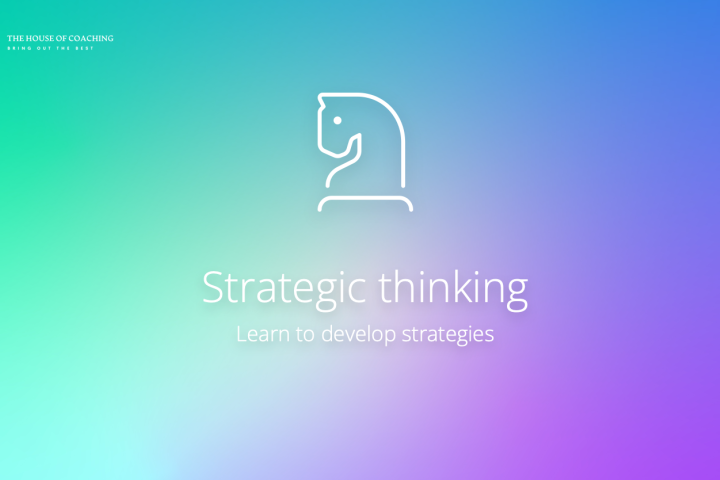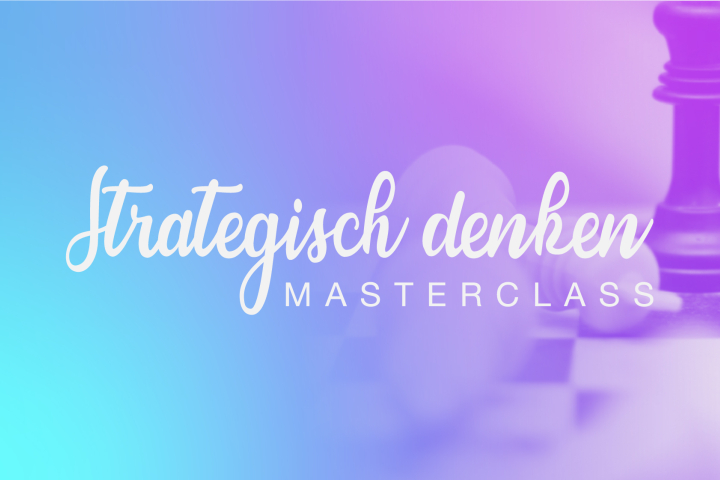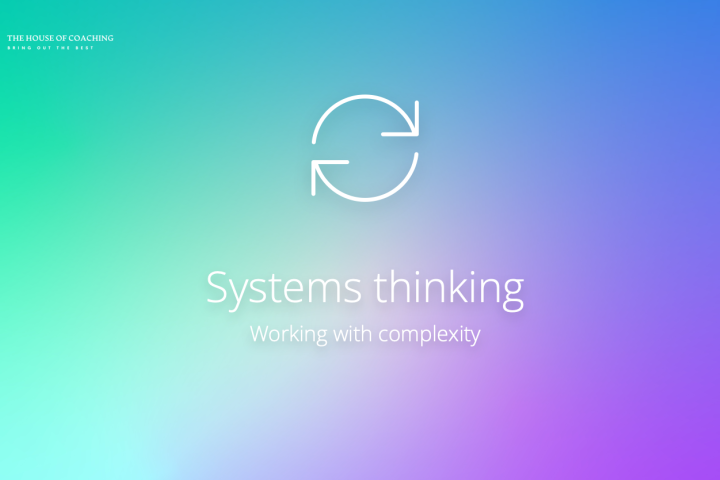

Do you want to be successful as a leader in your industry? Then it is vital to develop both strategic thinking and systems thinking. Strategic thinking helps you make informed decisions and achieve long-term goals. Systems thinking helps you understand the complexity of systems and the interrelationships between different elements in a system. Both are essential skills for effectively planning and anticipating future challenges and opportunities.
Scenario thinking is the key to successful strategies
Developing scenarios is an important step in strategy development and ensures that you are better prepared for different possible outcomes. Here are some steps to developing scenarios:
- Identify key trends and uncertainties: Identify the key trends and uncertainties that may affect the future success of the organisation. This includes both external factors, such as technological developments, political changes and economic trends, and internal factors, such as the organisation's performance and the impact of previous decisions.
- Develop different scenarios: Use the information from the first step to develop different scenarios for the future. These scenarios should be based on several possible outcomes, ranging from the most optimistic to the most pessimistic. In doing so, you should consider both the short and long term.
- Analyse the possible consequences of each scenario: For each scenario, you need to analyse the possible consequences, both positive and negative. What impact would each scenario have on the organisation and its environment? What are the opportunities and risks involved?
- Identify critical decisions and actions: For each scenario, identify critical decisions and actions that the organisation would need to take to achieve its goals. Consider, for example, investments, partnerships or restructuring.
- Define indicators to monitor the scenarios: To monitor the scenarios, it is important to define indicators that indicate whether a particular scenario is developing as expected. Based on this, decisions can be made and changes can be responded to quickly.
Successful companies use systems thinking and scenario thinking to make strategic choices
Here are some examples of well-known and successful organisations using these skills:
- Shell: Shell is known for its scenario analysis, which is used to analyse the impact of different future scenarios on the energy industry. This analysis enables Shell to prepare for different possible future scenarios and respond quickly to changes in the market.
- Philips: Philips uses systems thinking to understand the complexity of healthcare and to develop innovative solutions that meet the needs of patients and healthcare providers. By applying systems thinking, Philips can better understand the interrelationships between different elements of healthcare and better predict the impact of changes in the system.
- Unilever: Unilever has developed a "Sustainable Living Plan", using systems thinking to understand the impact of its activities on the environment and society. By applying systems thinking, Unilever can better understand the interrelationships between different elements of the ecosystem and develop innovative solutions that are both sustainable and profitable.
- Walt Disney Company: Walt Disney Company uses scenario analysis to understand the impact of market changes on the entertainment industry. By developing scenarios ranging from the most optimistic to the most pessimistic, Disney can react quickly to changes in the market and adjust its strategy accordingly.
- Amazon: Amazon uses systems thinking to optimise its logistics network and speed up product delivery. By applying systems thinking, Amazon can better understand the interrelationships between different elements of its logistics network and better predict the impact of changes in the system. This enables Amazon to react quickly to changes in the market and adapt its logistics network accordingly.
21st Century Skills
Systems thinking, scenario thinking and strategic thinking are important skills that fit well with 21st Century Skills. These skills are needed to function effectively in an ever-changing and complex world.
Developing these skills takes training and practice, but it will soon lead to better results. So what are you waiting for? Start developing your strategic and systems thinking today and become the successful leader you want to be!




